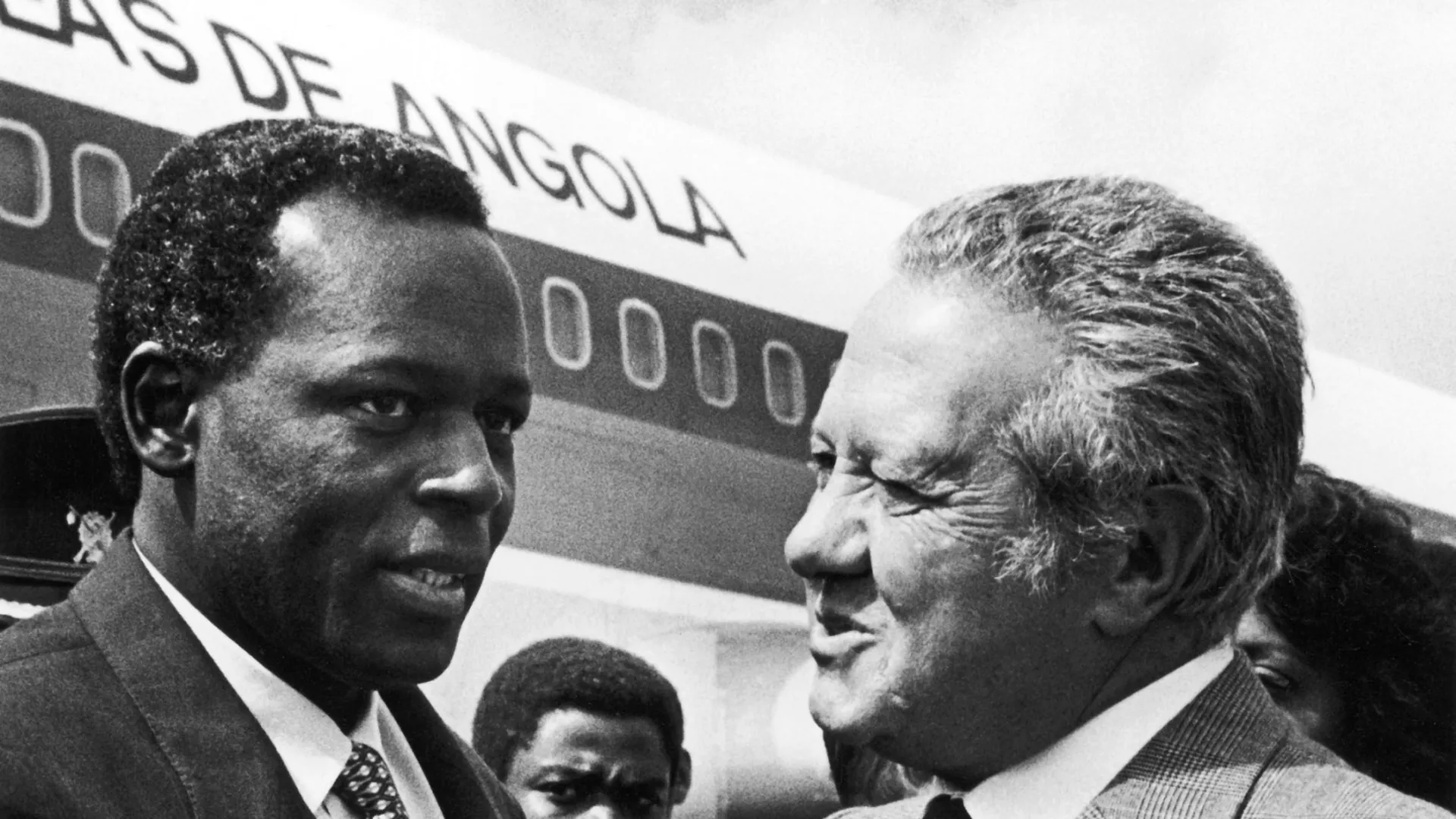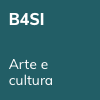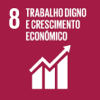
Mário Soares Prize – EDP Foundation
Arts and culture
The Mário Soares - EDP Foundation Prize aims to contribute to the country's enrichment through historical appreciation and the construction of new perspectives on contemporary Portuguese history.
Encouraging research into contemporary Portuguese history
The Mário Soares - Fundação EDP Award is an initiative that has existed since 1998, and its objective is to stimulate research on the contemporary history of Portugal, as well as to publicly recognize its importance for understanding and knowledge of Portugal today.
This award supports and promotes original research works carried out in thematic areas of interest and relevance to contemporary Portuguese history. Among them, we identify history and other disciplines of social sciences, arts, and humanities.
In this sense, works developed by national or foreign authors, individually or collectively, and written in the official languages of the award: Portuguese, English, French, Spanish, and Italian, are accepted.
Young researchers who are under 35 years old or who turn 35 by the date of submission of the works, who are pursuing a master's or doctorate degree, and whose thesis, dissertation or research work contributes to the study of contemporary Portuguese historical reality, may apply. The award is worth €5,000 and is given annually.
The country's historical heritage preserved
The project aims to promote research and studies on contemporary Portuguese history. It also aims to stimulate new ideas that contribute to a better understanding and knowledge of contemporary history, as this is a way to enhance and preserve the heritage of our country. The Mário Soares - Fundação EDP Award is an incentive to this research and a contribution to national historical knowledge of public utility.
Scientific research and studies carried out from new viewpoints are a valuable contribution to the historical understanding of Portugal. The Mário Soares - Fundação EDP Award thus aims to contribute with fresh perspectives or significant new historical data for national historical knowledge. Furthermore, the monetary support and recognition it provides have implications for the consolidation of activities and research careers of young researchers.


Impactos (resultados)
Direct beneficiaries